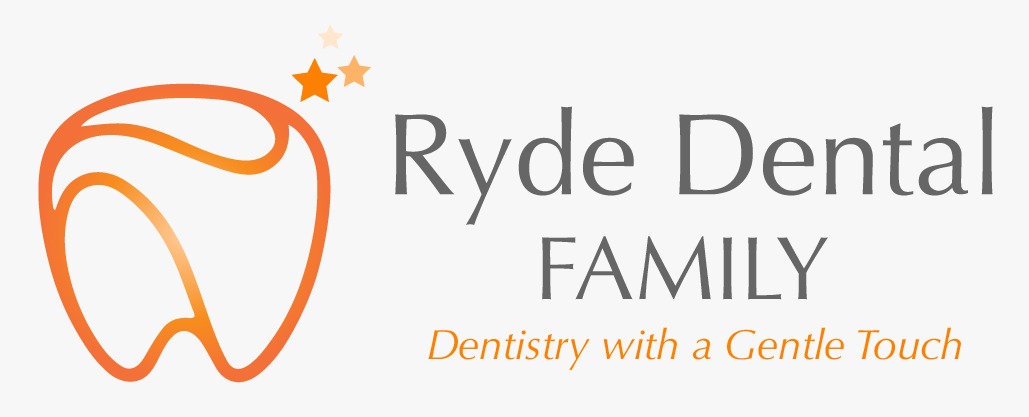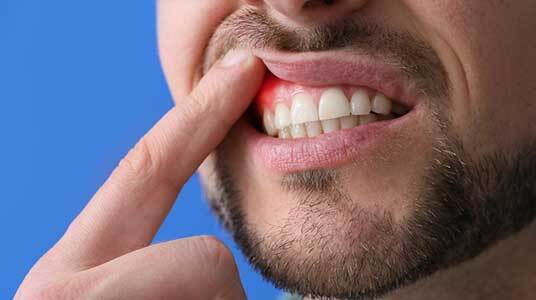What is Periodontal disease and how can I treat this?
Periodontal disease is a serious infection of the gums and other structures that support your teeth. It is caused by bacterial plaque, a sticky film of bacteria that forms on teeth and gums daily. If not removed through regular brushing and flossing, plaque can harden into tartar (calculus), which can only be removed at the dentist.
Periodontal disease progresses through several stages:
- Gingivitis: This is the earliest stage of gum disease and is characterized by red, swollen gums that may bleed easily, especially when brushing or flossing. At this stage, the infection is reversible with professional treatment.
- Periodontitis: If gingivitis is not treated, it can progress to periodontitis. In this stage, the infection starts to affect the deeper structures leading to further infection, damage, tooth mobility and pain.
- Advanced Periodontitis: This is the most severe stage of periodontal disease, where there is significant loss of bone and tissue supporting the teeth. Teeth may become loose or shift in position and tooth loss may occur if the condition is left untreated.
Symptoms of periodontal disease can include:
- Persistent bad breath
- Red, swollen, or tender gums
- Bleeding gums when brushing or flossing
- Receding gums, making teeth appear longer
- Loose or shifting teeth
Risk factors for periodontal disease include poor oral hygiene, smoking or tobacco use, genetics and certain medical conditions (such as diabetes).
Treatment for periodontal disease depends on its severity but may include professional dental deep cleaning and in severe cases, surgical procedures to repair or regenerate damaged tissues. Regular dental check-ups and good oral hygiene practices are essential for preventing periodontal disease. Early detection and treatment can help manage the condition effectively and prevent complications such as tooth loss and systemic health issues linked to gum disease. If you suspect you may have periodontal disease, it's important to see your dentist promptly for evaluation and treatment.
If you have issues with gums, you should get it checked as soon as possible to treat the issues of periodontal disease. Schedule your appointment with Ryde Dental now at rydedentalfamily.com.au or give us a call on (02) 9807 9800 .

